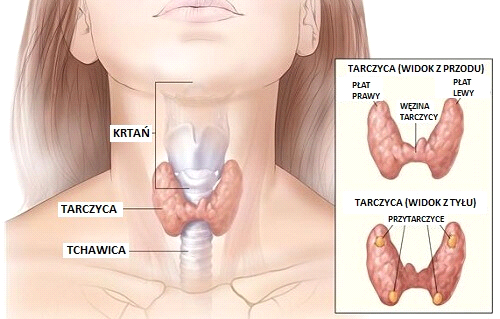Asbestos Mesothelioma Risk - The Silent Killer Stalking in Your Vicinity?
Your Edu
August 19, 2018
Asbestos Disease Risk
Asbestos disease risk, is the risk of serious disease after inhaling asbestos dust. In industry, they separate and process asbestos fibers into new compounds and textures, forming a microscopic dust.
If inhaled, it can collect in the lungs, stomach or other organs and eventually lead to the development of serious, life threatening asbestos diseases. A mesothelioma prognosis is almost never favourable.
Asbestos Products Risk
Asbestos products risk? The Silent Killer Stalking? The risk of mesothelioma lung cancer from asbestos insulation, asbestos siding, asbestos tile, asbestos flooring, and a host of other products exist everywhere around us.
Asbestos was not only cheap to buy, but it is also pliable and sometimes, soft like cotton. Some forms of asbestos fibers have cloth-like qualities.
Asbestos fibers can therefore be easily woven into fireproof protection apparel for rescue officials and firefighters. Items for other professionals and workers, who are exposed to high heat, are also manufactured, creating asbestos products risk.
Its industrial properties was in strong demand during the industrial revolution. An estimated 4,000 products made during the 1900s contained asbestos fibers
Asbestos Risk Assessment
You need specialist advisors to perform an asbestos risk assessment in managing and preventing mesothelioma injury. Their asbestos testing protocol and results are also invaluable for mesothelioma research projects.
All entries in a company's asbestos register become vital in the event that you receive a call from an asbestos lawyer who works on a mesothelioma claim.
City and town management are increasingly being held responsible for asbestos exposure in the areas under their management.
It is expected that the focus in this regard will soon expand to seaside venues. Asbestos used to be the building material of choice close to the oceans.
Asbestos Risk Management
Asbestos risk management is the legal responsibility of every manager or owner of a business, or landlord. Asbestos mesothelioma law is clear i.t.o. management's responsibility.
There is an increased global effort to minimise asbestos exposure, cut down on mesothelioma injury and asbestosis mesothelioma.
This was driven in part by the large asbestos settlements granted in mesothelioma lawsuits.
Early in the 1970s we saw the first drafts of mesothelioma cancer law accepted by various regulating bodies of developed countries internationally.
However in a country like South Africa, laws were only made in 2008 to finally control the mining and manufacturing of asbestos products.
Most asbestos products are reasonably safe if it is kept undisturbed, painted and well maintained. However, most people will be surprised to notice the large number of asbestos products in their living and work environments, that are poorly maintained.
Pieter Pepler is a management consultant to small and medium enterpises. He has a keen interest in in health aspects and spends much of his time researching and writing about the causes and alternative treatment options for the natural treatment of various chronic diseases.
His work on asbestos mesothelioma risk and related research is published on his Mesothelioma-Junction.com [http://www.diagnosis-malignant-mesothelioma-prognosis-claims-settlement.com] website.

Asbestos Mesothelioma Risk - The Silent Killer Stalking in Your Vicinity?
![Asbestos Mesothelioma Risk - The Silent Killer Stalking in Your Vicinity?]() Reviewed by Your Edu
on
August 19, 2018
Rating:
Reviewed by Your Edu
on
August 19, 2018
Rating:




:brightness(10):contrast(5):no_upscale():format(webp)/WhatHappensIfYouDieWithoutaWill-56a48dbb5f9b58b7d0d782d3.jpg)